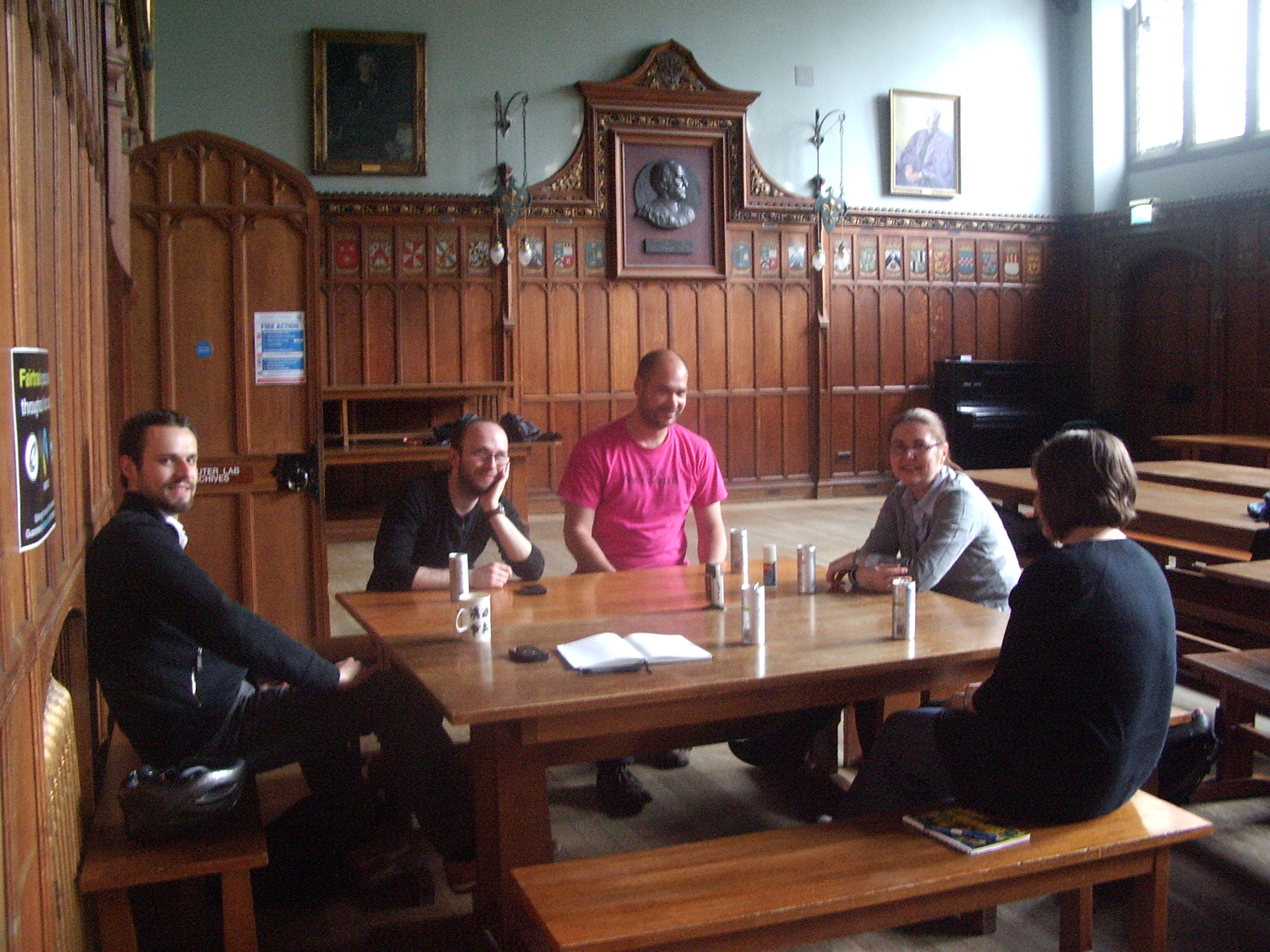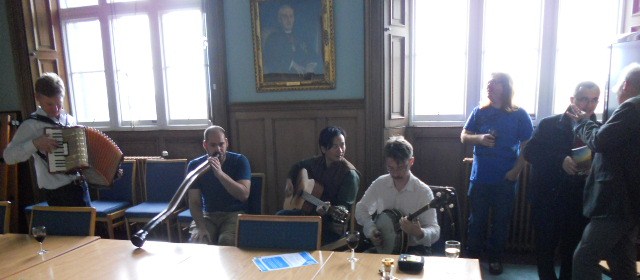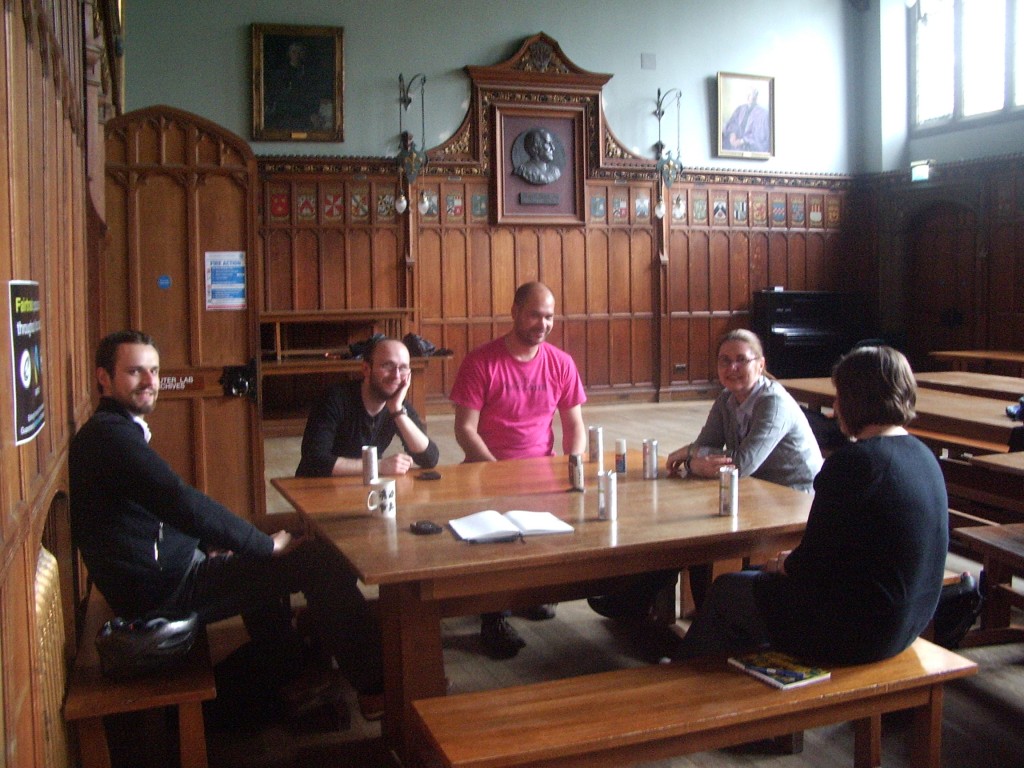
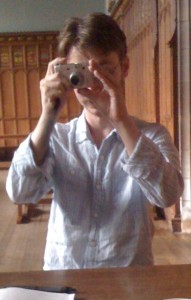
During her recent trip to the UK, the Religious Studies Project managed (with the promise of copious Pink Gin) to persuade Professor Carole Cusack to take part in a roundtable discussion. She suggested that we discuss how to build an academic career – advice which she has been generous with to many people in the past. That having been agreed, we rounded up a few of our regular discussants – and, for the first time, Louise Connelly, our hitherto silent third partner – in the imposing setting of the University of Edinburgh’s Rainy Hall. We think we managed to produce something which should be of at least some use to any aspiring academic in the social sciences… we’d love to hear if you think so too!
Podcast: Play in new window | Download | Embed
Subscribe: RSS
David: “Don’t wait to be given permission… if it is interesting, it will work!”
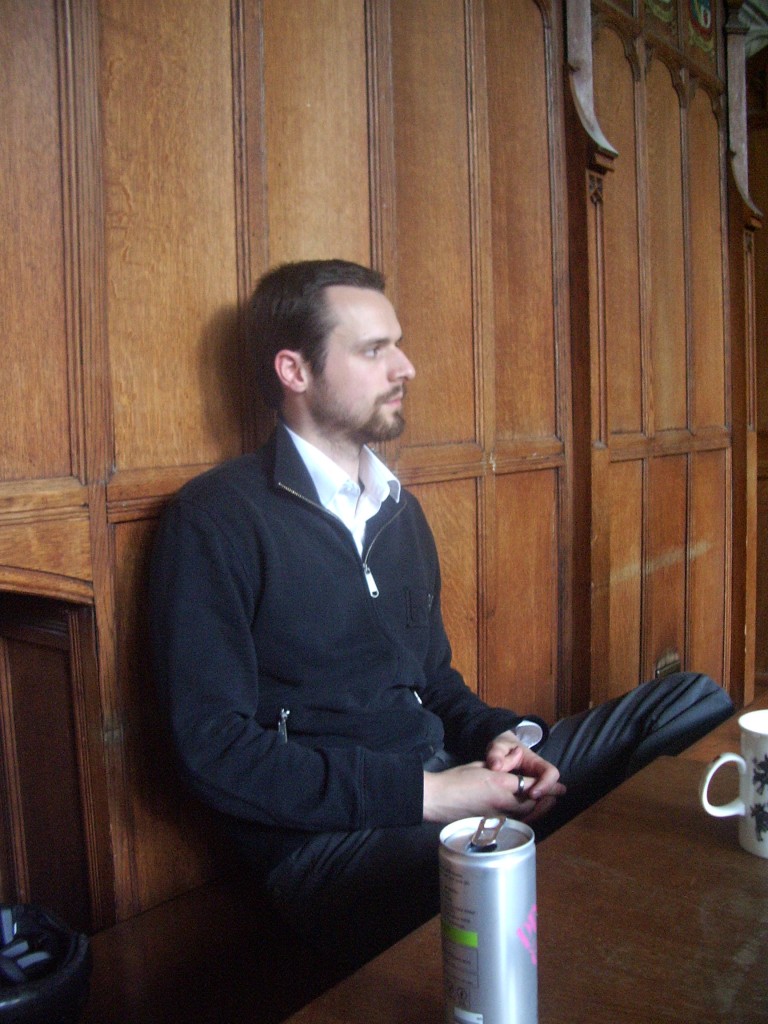 In these financially hard times, the role of the academic is changing; the reasons for people going to university are changing; and universities are constantly changing the configuration of their departments. Topics covered in this discussion include:
In these financially hard times, the role of the academic is changing; the reasons for people going to university are changing; and universities are constantly changing the configuration of their departments. Topics covered in this discussion include:
- the importance of publication, and the relative merits of different publications;
- getting teaching experience;
- services to the discipline and the community
- conferences and networking (Chris Cotter, of course)
- what to put in your CV
- how to keep up-to-date with your field
- and much more…
It is worth mentioning, of course, that this is all just advice and should be taken as such. The experience of others may be entirely different and we cannot, of course, be held responsible for any unforeseen consequences of following the advice contained herein.
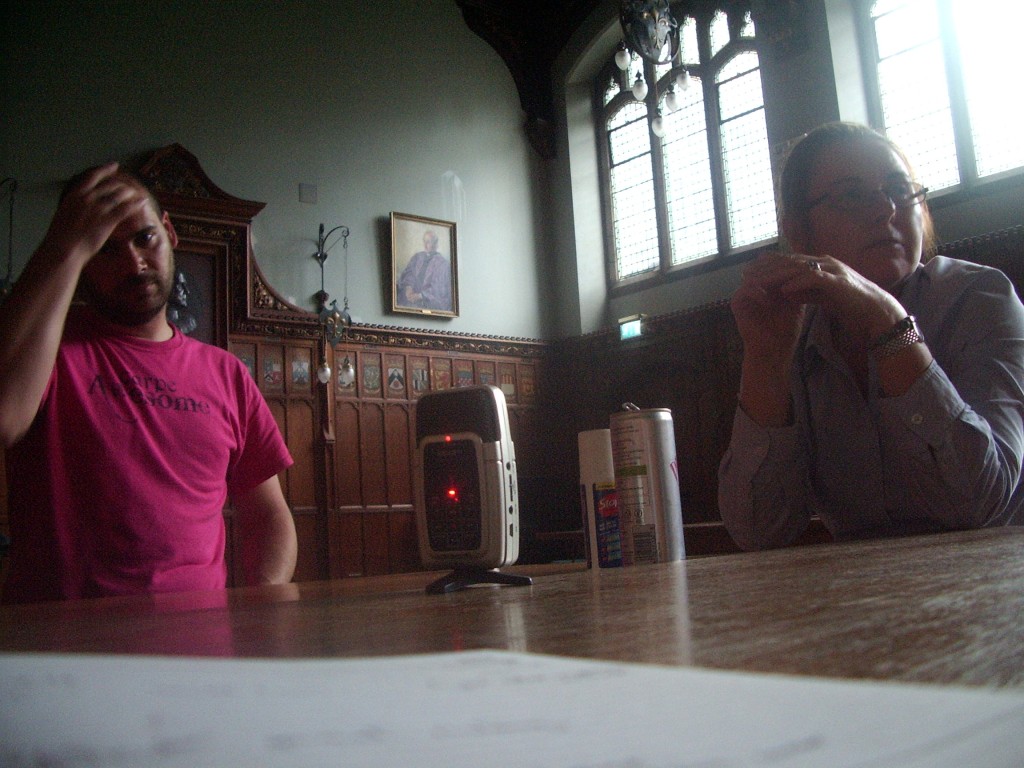
Links mentioned in the podcast (likely not comprehensive):
- Thesis Whisperer
- REF/RAE (UK)
- ERA (Australia)
- Brill Handbook of New Religions and Cultural Production
- “Tylor and Neo-Tylorian Approaches to the Study of Religion: Re-Evaluating an Important Lineage in the Theorisation of Religion” by Liam Sutherland (Paranthropology)
- Google Scholar
- Academia.edu
- Religious Studies Project Facebook Page
- Religious Studies Project Twitter
- Zetoc
- Journal of Religious History
- International Journal for the Study of New Religions
Carole: “You can’t double-dip: [if] you put something into research [on your CV], it doesn’t go somewhere else”
Participants:
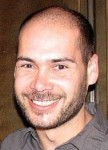 “Roundtable Regular” Kevin Whitesides completed his B.A. in Religious Studies at Humboldt State University. He has recently completed an MSc dissertation at the University of Edinburgh on ’2012′ millennialism as part of a broader emphasis on countercultural transmission. Kevin has contributed articles to ‘Archaeoastronomy’ and ‘Zeitschrift fur Anomalistik’, has contributed chapters for two anthologies on apocalypse and prophecy, and has presented widely on the ’2012′ milieu at academic conferences and universities.
“Roundtable Regular” Kevin Whitesides completed his B.A. in Religious Studies at Humboldt State University. He has recently completed an MSc dissertation at the University of Edinburgh on ’2012′ millennialism as part of a broader emphasis on countercultural transmission. Kevin has contributed articles to ‘Archaeoastronomy’ and ‘Zeitschrift fur Anomalistik’, has contributed chapters for two anthologies on apocalypse and prophecy, and has presented widely on the ’2012′ milieu at academic conferences and universities.
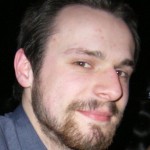 What is Phenomenology? for the Religious Studies Project.
What is Phenomenology? for the Religious Studies Project.
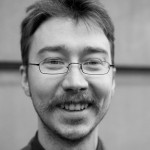 David G. Robertson is a Ph.D. candidate in the Religious Studies department of the University of Edinburgh. His research examines how UFO narratives became the bridge by which ideas crossed between the conspiracist and New Age milieus in the post-Cold War period. More broadly, his work concerns contemporary alternative spiritualities, and their relationship with popular culture. Forthcoming publications: “Making the Donkey Visible: Discordianism in the Works of Robert Anton Wilson” in C. Cusack & A. Norman (Eds.), Brill Handbook of New Religions and Cultural Production. Leiden: Brill (2012) “(Always) Living in the End Times: The “rolling prophecy” of the conspracist milieu” in When Prophecy Persists. London: INFORM/Ashgate (2012). For a full CV and my MSc thesis on contemporary gnosticism, see my Academia page or my personal blog.
David G. Robertson is a Ph.D. candidate in the Religious Studies department of the University of Edinburgh. His research examines how UFO narratives became the bridge by which ideas crossed between the conspiracist and New Age milieus in the post-Cold War period. More broadly, his work concerns contemporary alternative spiritualities, and their relationship with popular culture. Forthcoming publications: “Making the Donkey Visible: Discordianism in the Works of Robert Anton Wilson” in C. Cusack & A. Norman (Eds.), Brill Handbook of New Religions and Cultural Production. Leiden: Brill (2012) “(Always) Living in the End Times: The “rolling prophecy” of the conspracist milieu” in When Prophecy Persists. London: INFORM/Ashgate (2012). For a full CV and my MSc thesis on contemporary gnosticism, see my Academia page or my personal blog.
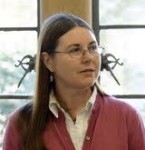 Carole M. Cusack (Associate Professor in Studies in Religion at the University of Sydney) trained as a medievalist and her doctorate was published as Conversion Among the Germanic Peoples (Cassell, 1998). Since the late 1990s she has taught in contemporary religious trends, publishing on pilgrimage and tourism, modern Pagan religions, new religious movements, the interface between religion and politics, and religion and popular culture. She is the author of The Essence of Buddhism (Lansdowne, 2001), Invented Religions: Imagination, Fiction and Faith (Ashgate, 2010), and The Sacred Tree: Ancient and Medieval Manifestations (Cambridge Scholars Publishing), 2011. She has published in a number of edited volumes, and is the editor (with Christopher Hartney) of Religion and Retributive Logic: Essays in Honour of Garry W. Trompf (Brill, 2010). With Christopher Hartney (University of Sydney) she is editor of the Journal of Religious History (Wiley) and with Liselotte Frisk (Dalarna University) she is editor of the International Journal for the Study of New Religions (Equinox). She serves on the Editorial Boards of the journal Literature & Aesthetics, and of the Sophia Monograph Series (Springer).
Carole M. Cusack (Associate Professor in Studies in Religion at the University of Sydney) trained as a medievalist and her doctorate was published as Conversion Among the Germanic Peoples (Cassell, 1998). Since the late 1990s she has taught in contemporary religious trends, publishing on pilgrimage and tourism, modern Pagan religions, new religious movements, the interface between religion and politics, and religion and popular culture. She is the author of The Essence of Buddhism (Lansdowne, 2001), Invented Religions: Imagination, Fiction and Faith (Ashgate, 2010), and The Sacred Tree: Ancient and Medieval Manifestations (Cambridge Scholars Publishing), 2011. She has published in a number of edited volumes, and is the editor (with Christopher Hartney) of Religion and Retributive Logic: Essays in Honour of Garry W. Trompf (Brill, 2010). With Christopher Hartney (University of Sydney) she is editor of the Journal of Religious History (Wiley) and with Liselotte Frisk (Dalarna University) she is editor of the International Journal for the Study of New Religions (Equinox). She serves on the Editorial Boards of the journal Literature & Aesthetics, and of the Sophia Monograph Series (Springer).
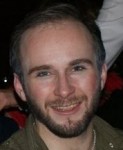 Christopher R. Cotter recently completed his MSc by Research in Religious Studies at the University of Edinburgh, on the topic ‘Toward a Typology of Nonreligion: A Qualitative Analysis of Everyday Narratives of Scottish University Students’. He is currently taking a year out from study to present at conferences, complete various writing projects, and work on projects such as this. His PhD research at Lancaster University (commencing October 2012) will continue to expand the theme of ‘non-religion’ to apply to ‘everyone’ in religiously diverse, socio-economically deprived urban environments, simultaneously deconstructing the religion-nonreligion dichotomy in the process. He is Editor and Bibliography Manager at the Nonreligion and Secularity Research Network, and currently editing the volume ‘Social Identities between the Sacred and the Secular’ with Abby Day and Giselle Vincett (Ashgate, 2013). See his personal blog, or academia.edu page for a full CV.
Christopher R. Cotter recently completed his MSc by Research in Religious Studies at the University of Edinburgh, on the topic ‘Toward a Typology of Nonreligion: A Qualitative Analysis of Everyday Narratives of Scottish University Students’. He is currently taking a year out from study to present at conferences, complete various writing projects, and work on projects such as this. His PhD research at Lancaster University (commencing October 2012) will continue to expand the theme of ‘non-religion’ to apply to ‘everyone’ in religiously diverse, socio-economically deprived urban environments, simultaneously deconstructing the religion-nonreligion dichotomy in the process. He is Editor and Bibliography Manager at the Nonreligion and Secularity Research Network, and currently editing the volume ‘Social Identities between the Sacred and the Secular’ with Abby Day and Giselle Vincett (Ashgate, 2013). See his personal blog, or academia.edu page for a full CV.
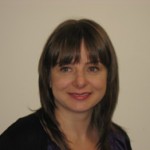 Louise Connelly, Ph.D., currently works as an Online Learning Advisor for the Institute for Academic Development at the University of Edinburgh. She also teaches short-courses in Hinduism and Buddhism through the Office of Lifelong Learning at the University of Edinburgh. Her Ph.D. thesis is titled “Aspects of the Self: An analysis of self reflection, self presentation and the experiential self within selected Buddhist blogs” (University of Edinburgh). Her research interests include early Buddhism, visual culture, the use of social media, and Buddhist ritual and identity in the online world of Second Life. Her recent publications include ‘Virtual Buddhism: An analysis of aesthetics in relation to religious practice within Second Life’, Heidelberg Journal of Religions on the Internet (2010); ‘Virtual Buddhism: Buddhist ritual in Second Life’ in Digital Religion: Understanding Religious Practice in New Media Worlds, Campbell (ed.) (2012); and Campbell and Connelly, ‘Religion and the Internet’ in the Encylopedia of Cyber Behavior, Zang (ed.) (2012). See her personal blog or website for a full CV.
Louise Connelly, Ph.D., currently works as an Online Learning Advisor for the Institute for Academic Development at the University of Edinburgh. She also teaches short-courses in Hinduism and Buddhism through the Office of Lifelong Learning at the University of Edinburgh. Her Ph.D. thesis is titled “Aspects of the Self: An analysis of self reflection, self presentation and the experiential self within selected Buddhist blogs” (University of Edinburgh). Her research interests include early Buddhism, visual culture, the use of social media, and Buddhist ritual and identity in the online world of Second Life. Her recent publications include ‘Virtual Buddhism: An analysis of aesthetics in relation to religious practice within Second Life’, Heidelberg Journal of Religions on the Internet (2010); ‘Virtual Buddhism: Buddhist ritual in Second Life’ in Digital Religion: Understanding Religious Practice in New Media Worlds, Campbell (ed.) (2012); and Campbell and Connelly, ‘Religion and the Internet’ in the Encylopedia of Cyber Behavior, Zang (ed.) (2012). See her personal blog or website for a full CV.
“Thanks for Listening”
It was somewhat fitting that this roundtable ends with these sage words from Mr Whitesides. We were very privileged to enjoy Kevin’s company during his eventful year in Edinburgh, and look forward to welcoming him back to the Religious Studies Project in the future. We hope you shall join us in wishing him the best for the coming months back at his home in California.
In the picture below, Dr Steven Sutcliffe, Dr Arkotong Longkumer, David Robertson and Kevin himself made some music at a recent University of Edinburgh event. We won’t embarrass them by putting up the video though…

